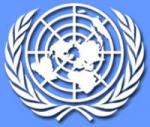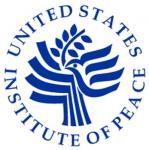2010 Haiti Donors Conference and the Way Ahead
 The 2010 Haiti Donors’ Conference concluded yesterday. The last such conference was held almost a year ago under very different circumstances. This was very much an international event with Brazil, Canada, the European Union, France, and Spain actively engaged. Over 130 nations, NGOs, and other organizations participated. Fifty nine pledged 9 billion, of which 5 billion will be for 2010 and 2011 – provided that these pledges actually become contributions which is not always the case. As Phillipe Matieu of Oxfam puts it, “…pledges need to turn into concrete progress on the ground. This cannot be a VIP Pageant of half promises.” Below is a summary of what we know about the way ahead as of April 1st.
The 2010 Haiti Donors’ Conference concluded yesterday. The last such conference was held almost a year ago under very different circumstances. This was very much an international event with Brazil, Canada, the European Union, France, and Spain actively engaged. Over 130 nations, NGOs, and other organizations participated. Fifty nine pledged 9 billion, of which 5 billion will be for 2010 and 2011 – provided that these pledges actually become contributions which is not always the case. As Phillipe Matieu of Oxfam puts it, “…pledges need to turn into concrete progress on the ground. This cannot be a VIP Pageant of half promises.” Below is a summary of what we know about the way ahead as of April 1st.

